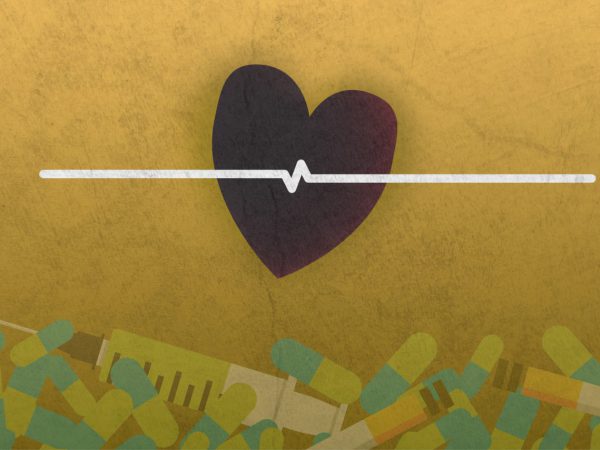Claire Fiddian-Green is the President and CEO of the Richard M. Fairbanks Foundation.
Opioid addiction is taking an undeniable toll on Hoosiers struggling with addiction, their families, and Indiana employers and communities. In an ideal world, we could keep people from becoming addicted to prescription pain medicine or using heroin in the first place through comprehensive prevention programming for youth, parents, teachers and employers. There is much more we could and should be doing when it comes to prevention in Indianapolis and across the state.
But as we focus on scaling up prevention efforts, we also must ensure those who are suffering from opioid use disorder get connected with the treatment they need to overcome addiction. There’s a significant unmet need for this in Indiana, which ranks 44th nationwide in its capacity to meet the medication-assisted treatment needs of the population. A study of Indiana’s opioid epidemic released last fall by the Richard M. Fairbanks Foundation recommended growing the supply of health professionals trained in addiction as one key mechanism for combating the addiction crisis in Indianapolis and elsewhere around the state. Another recommendation included making it easier for people to access needed treatment.
The Foundation’s Board recently awarded two grants that aim to make a dent in the addiction- treatment services gap. Last November, the Board awarded $700,000 to support the implementation of Project POINT, a partnership between Indianapolis Emergency Medical Services, Eskenazi Hospital’s Emergency Department, and Midtown Mental Health. Through Project POINT, patients who have overdosed on opioids and have been revived with the life-saving drug naloxone are put on a path to long-term recovery, including through high-quality treatment and wraparound support.
Last month, the Board awarded $376,000 to Ascend Indiana, a workforce development initiative of the Central Indiana Corporate Partnership, to partner with Community Health Network and an education partner to create a formally recognized program for behavioral health focused on addiction treatment. The program will create a new supply of talent who can help tackle addiction in Indiana. As an added benefit, Ascend will design a program that can be replicated by other healthcare providers, and this information will be shared publicly once the design work has been completed.
There is much work to be done by leaders and organizations across our state to combat Indiana’s opioid epidemic. Our hope is that the Foundation’s two recent grants will help connect people grappling with addiction with effective treatment – and, ultimately, help them get their lives back on track.



